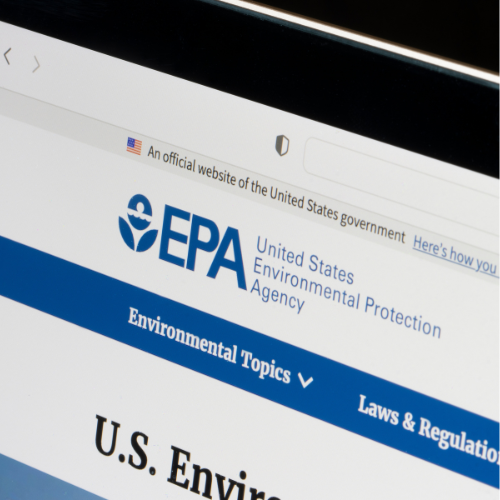
Despite millions of deaths and decades of litigation caused by exposure, asbestos is still legal in the United States. While the EPA tried to ban asbestos use in 1989, an industry appeal successful reversed than ban, and Congress has never issued an outright ban, due in large part to pressure from industries.
Many experts, activists and patients have been calling for the end of asbestos in the U.S. for years. The call for a ban was recently renewed when the Environmental Protection Agency announced that asbestos poses an unreasonable health risk of causing cancer for workers and consumers.
An EPA draft risk assessment released in March specifically cited several industries in which workers are at an elevated risk of lung cancer and mesothelioma due to asbestos exposure. Here are those industries:
- Auto industry
- Oil production industry
- Chemical production industry, including chlor-alkali production
In turn, the EPA found, consumers could be exposed to toxic levels of asbestos in the brakes and brake lining of their vehicles.
Asbestos is a series of six naturally-occurring minerals found throughout the world. Chrysotile is the by far the most commonly mined and used mineral of the six. It and the other asbestos minerals are naturally resistant to fire and chemical corrosion, which has made them useful in various industries for more than a century.
However, asbestos is also a carcinogen. Asbestos fibers can stay inside an exposed person’s lungs for decades, eventually causing fatal lung cancer or mesothelioma. Veterans of the Army, Navy and Marine Corps are especially vulnerable to illness caused by asbestos, as are those who worked in construction and manufacturing.
Despite the EPA’s findings, the agency under the current president does not appear to be close to recommending a ban on asbestos, as more than 60 countries already have done. Instead, it is hoping that a new, more restrictive rule it finalized last year will keep workers reasonably safe.
As long as asbestos is being used in American industry, there will be workers sickened by it, often years after they retire. If you are living with the effects of asbestos exposure, or if a loved one died on mesothelioma or lung cancer before they could file a claim against their former employer, you need to talk with an attorney to understand the process and what your rights are.














